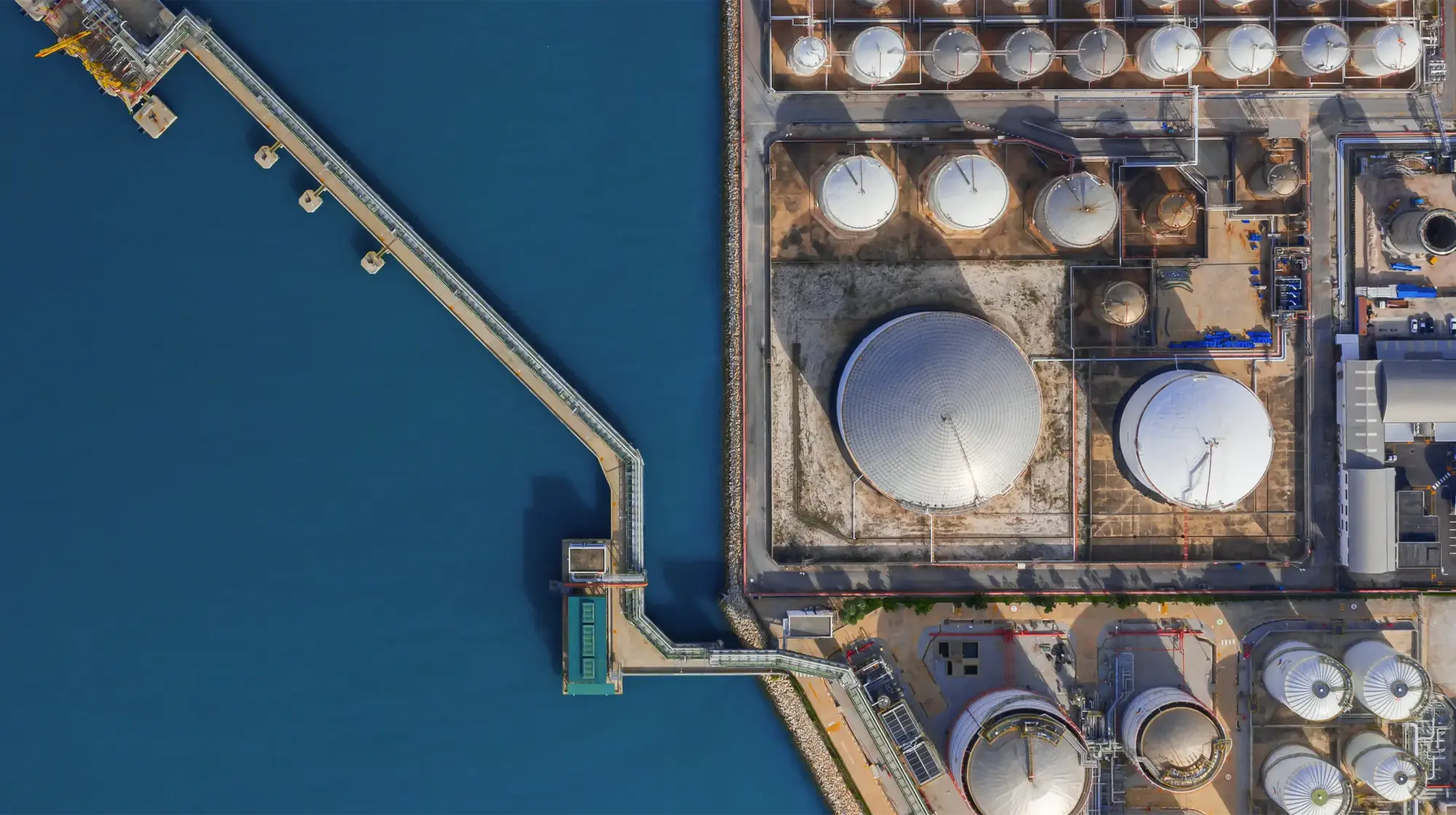Reports related to this article:
Project(s): View 2 related projects in PECWeb
Plant(s): View 3 related plants in PECWeb
Released March 15, 2013 | PERTH, AUSTRALIA
en
Researched by Industrial Info Resources Australia (Perth, Australia)--Royal Dutch Shell's (NYSE:RDS.A) (The Hague, Netherlands) Clyde Refinery will be converted into a fuel import terminal over a period of approximately three years. Jacobs Engineering Group Incorporated (NYSE:JEC) has been awarded an engineering and design contract, which is anticipated to evolve into the main engineering, procurement and construction (EPC) contract on the project.
The Clyde Refinery in Sydney, Australia, has been operating for about 85 years. Many of the refinery's 330 employees worked there for decades prior to having recently retired, found new work, or accepted redundancy or a new role offered by Shell. The 85,000-barrel-per-day refinery will cease operations in the middle of next year and it, along with the existing Gore Bay Terminal, will be converted into a fuel import-only terminal.
Shell selected Jacobs Engineering to provide the basic design and engineering package (BDEP). Jacobs mobilized to the site immediately following the announcement of the contract award. Following the approval for expenditure, which will be made by Shell in July or August this year, Jacobs will be officially awarded the EPC contract.
The scope of work under the EPC contract includes storage tank refurbishments and upgrades. The aim of the project is to build an efficient import terminal business. While the refinery is intended to be completely demolished in 2016 and the converted terminal will be operational at the intended initial capacity, improvements will continue to be made to bring efficiency up to the best levels.
"We are delighted to bring our local and global terminal experience to this critical project," said Tom Quinn, Jacobs Group Vice President, of the contract win. "This contract continues our relationship with Shell in Australia, where we have successfully implemented clean fuels upgrades at Shell's Geelong and Clyde refineries."
Shell recognises that the refining business in Australia is a low-profit business enterprise. The Clyde Refinery business had reached a stage where it is suffering profit losses. The Geelong refinery will remain operational for the foreseeable future, as continuation of refining operations is still viable.
Shell is building its LNG business in Australia and holds a substantial interest in the Australian upstream offshore conventional and land-based unconventional sources, including coal seam gas (referred to in the U.S. as coal-bed methane).
Industrial Info Resources (IIR), with global headquarters in Sugar Land, Texas, and eight offices outside of North America, is the leading provider of global market intelligence specializing in the industrial process, heavy manufacturing and energy markets. Industrial Info's quality-assurance philosophy, the Living Forward Reporting Principle, provides up-to-the-minute intelligence on what's happening now, while constantly keeping track of future opportunities.
The Clyde Refinery in Sydney, Australia, has been operating for about 85 years. Many of the refinery's 330 employees worked there for decades prior to having recently retired, found new work, or accepted redundancy or a new role offered by Shell. The 85,000-barrel-per-day refinery will cease operations in the middle of next year and it, along with the existing Gore Bay Terminal, will be converted into a fuel import-only terminal.
Shell selected Jacobs Engineering to provide the basic design and engineering package (BDEP). Jacobs mobilized to the site immediately following the announcement of the contract award. Following the approval for expenditure, which will be made by Shell in July or August this year, Jacobs will be officially awarded the EPC contract.
The scope of work under the EPC contract includes storage tank refurbishments and upgrades. The aim of the project is to build an efficient import terminal business. While the refinery is intended to be completely demolished in 2016 and the converted terminal will be operational at the intended initial capacity, improvements will continue to be made to bring efficiency up to the best levels.
"We are delighted to bring our local and global terminal experience to this critical project," said Tom Quinn, Jacobs Group Vice President, of the contract win. "This contract continues our relationship with Shell in Australia, where we have successfully implemented clean fuels upgrades at Shell's Geelong and Clyde refineries."
Shell recognises that the refining business in Australia is a low-profit business enterprise. The Clyde Refinery business had reached a stage where it is suffering profit losses. The Geelong refinery will remain operational for the foreseeable future, as continuation of refining operations is still viable.
Shell is building its LNG business in Australia and holds a substantial interest in the Australian upstream offshore conventional and land-based unconventional sources, including coal seam gas (referred to in the U.S. as coal-bed methane).
Industrial Info Resources (IIR), with global headquarters in Sugar Land, Texas, and eight offices outside of North America, is the leading provider of global market intelligence specializing in the industrial process, heavy manufacturing and energy markets. Industrial Info's quality-assurance philosophy, the Living Forward Reporting Principle, provides up-to-the-minute intelligence on what's happening now, while constantly keeping track of future opportunities.


